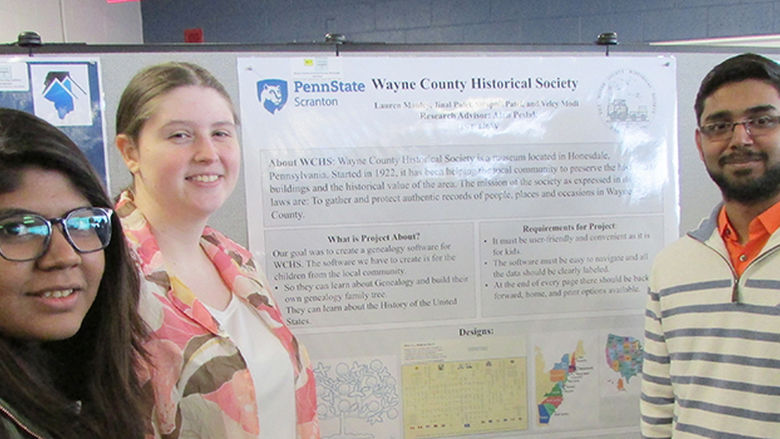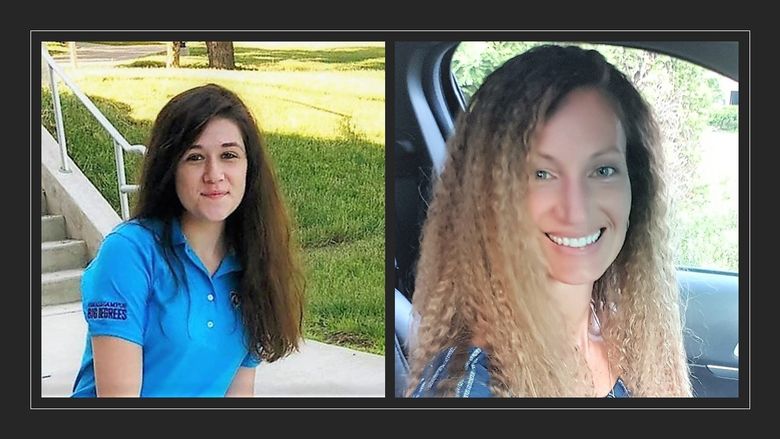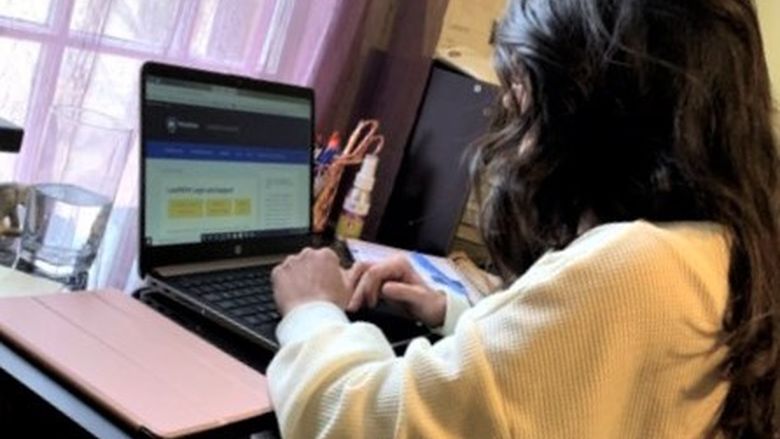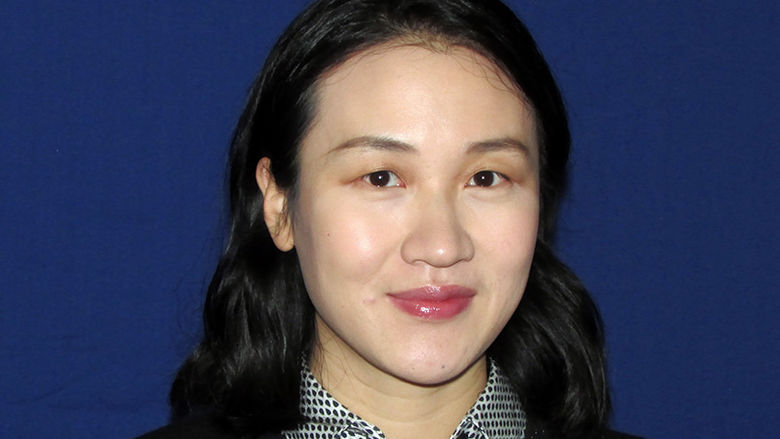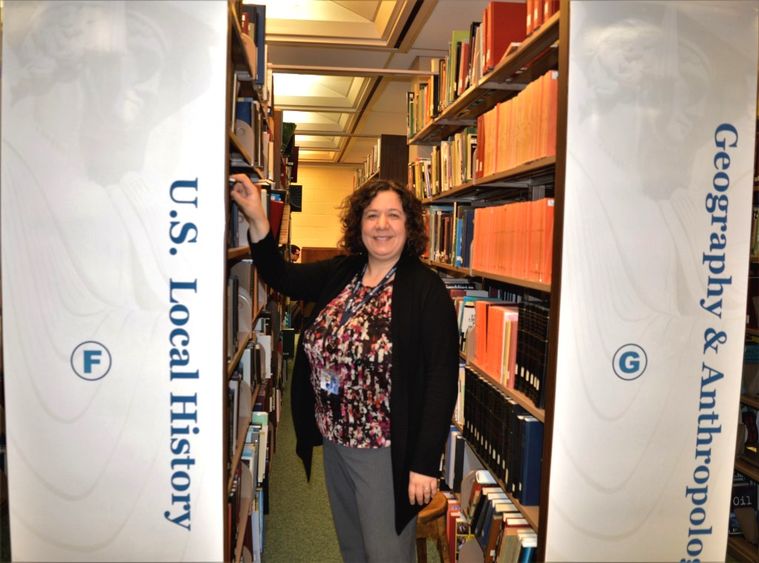
Acting Head Librarian/Reference Librarian Kristin E.C. Green recently presented at The Innovative Library Classroom (TILC) Conference. Her presentation was titled: “Dust off those Encyclopedias: Using Reference Sources to Teach the Association of College and Research Libraries (ACRL) Framework for Information Literacy.”
DUNMORE, Pa. — Kristin E.C. Green, acting head librarian and reference librarian at Penn State Worthington Scranton, was a presenter at The Innovative Library Classroom Conference (TILC) at Radford University in Radford, Virginia, in May.
Her session, titled “Dust off those Encyclopedias: Using Reference Sources to Teach the Association of College and Research Libraries (ACRL) Framework for Information Literacy,” was formulated around the question, "What if the ideal tools for teaching undergraduate students the most critical information literacy concepts have been sitting in the stacks all along collecting dust, or wading out in digital space unencountered?
Reference sources are an optimal medium to introduce all six of the ACRL Framework’s central concepts for information literacy, Green explains. Additionally, by understanding a reference source’s place in the information search process, students learn to consciously avoid the common pitfall of neglecting exploratory research before specifying their research topics. Thus, incorporating reference sources thoughtfully into instructional design contributes to the development of both information literacy and metacognition.
The innovation in this session lies not in the advocacy of using reference materials as instructional tools for information literacy education, but in using reference materials through the lens of the ACRL Framework for Information Literacy for Higher Education, Green said. It is in this combination of the newer theoretical model with the traditional aspects of the information search process and correlating the optimal resources of reference materials that will provide participants with a fresh perspective on their own lesson planning.
While a portion of the session was presented in a lecture style, the goal was to also foster and solicit discussion throughout the session, so all attendees could share personal experiences of teaching about reference sources and interacting with teaching faculty.
Green’s session concluded with an interactive learning activity in which participants worked in groups to design their own learning objectives for either genuine or hypothetical instructional scenarios, incorporating the ACRL Framework for Information Literacy for Higher Education with the use of reference sources.
The Innovative Library Classroom Conference is a daylong conference dedicated to the exploration of innovative practices related to teaching and learning in libraries.
TILC is an experience that has grown out of the regional LEO (Libraries Exchange Observation) project. LEO was originally created by instruction librarians from three southwest Virginia institutions: Radford University, Hollins University, and Virginia Tech. The goal of the group was to promote cross-institutional peer-observation, and now includes group meetings and workshops that take place each semester.
Green earned a bachelor of arts in social science with a concentration in cultural studies from the Ramapo College of New Jersey. Following graduation, she was certified by the New Jersey State Department of Education as a secondary teacher of social studies and served as educational director of a learning center.
She earned her master of science in information and library science at the University of Buffalo and was the social sciences reference and instruction librarian at SUNY Geneso before joining the Penn State Worthington Scranton campus

